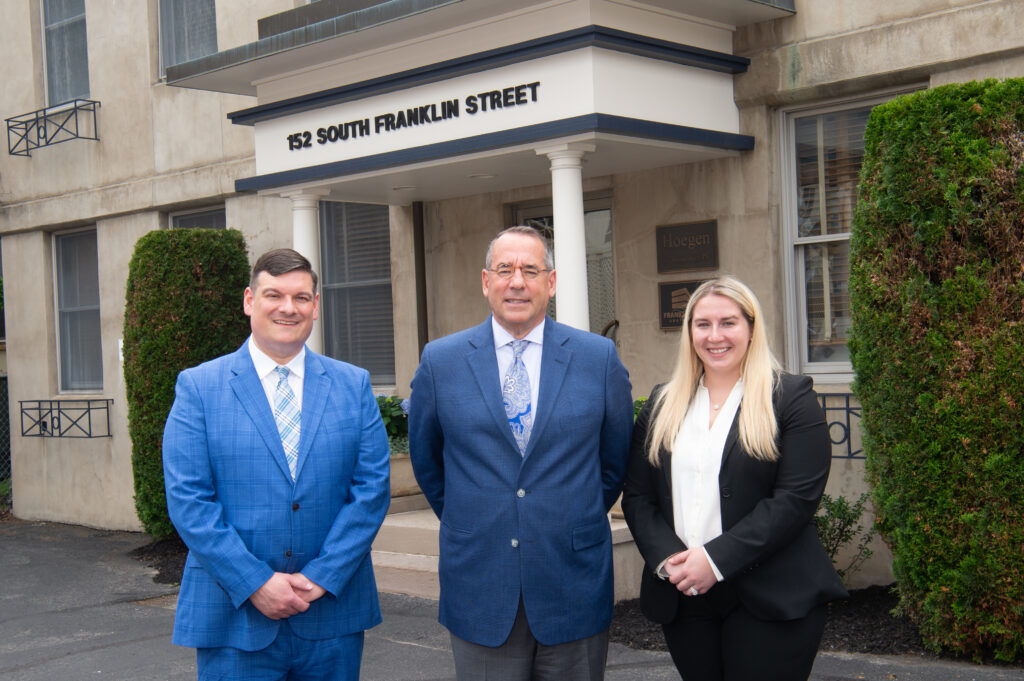
When it comes to purchasing a piece of land, several parts of the process may be unfamiliar. Whether you are purchasing a home or a vacant lot, the process is relatively the same. It may seem like it would be easier to buy something vacant versus an improved lot, but this is not always the case. Vacant land may come with encumbrances that aren’t readily known, and once a surveyor and title company go digging, their location and implications may put the brakes on a buyer’s plans. A common encumbrance on property, both vacant and built up, is an easement. Find out more about what these are and why they are essential in a real estate transaction. You can also contact one of our COVID-19 Warehouse Guidance Lawyers Wilkes-Barre for more clarifications or questions.
An Easement Grants Access
An easement is one of the most common legal encumbrances on property. It is a way the original property owner granted access to a third-party. The agreement is memorialized in a legal document that is recorded against the property. This makes finding it in a property search by a title company and a surveyor relatively easy. Easements come in all shapes and sizes and can be found anywhere on a piece of land.
The Location of the Easement Is Crucial
One of the most significant caveats about easements is where they are located and what they are for. The most common type of easement is one granted to utility companies giving them access to lines either above or below ground. Utility easements typically run along the boundaries of property. An easement present on any part of the land means that the owner cannot typically encumber it. For example, if an easement is granted along the back of property for drainage, a landowner cannot build a fence that blocks it. Some easements may block a property owner from accessing large areas and prevent improvements in those areas.
An Easement Cannot Be Modified
Easements are generally granted for life. There are circumstances where it is possible to get one removed or at least relocated. If the original third-party no longer exists or is out of business, and no one has taken their place, an owner may petition to remove the easement. However, for the most part, when an easement exists, it isn’t easy to get it removed.
A COVID-19 Warehouse Guidance Lawyers Wilkes-Barre from Hoegen & Associates, P.C. can help a buyer decide how to proceed with a transaction after discovering an easement. Getting in touch with a COVID-19 Warehouse Guidance Lawyers Wilkes-Barre shortly after starting a property search may help make decisions more timely.

